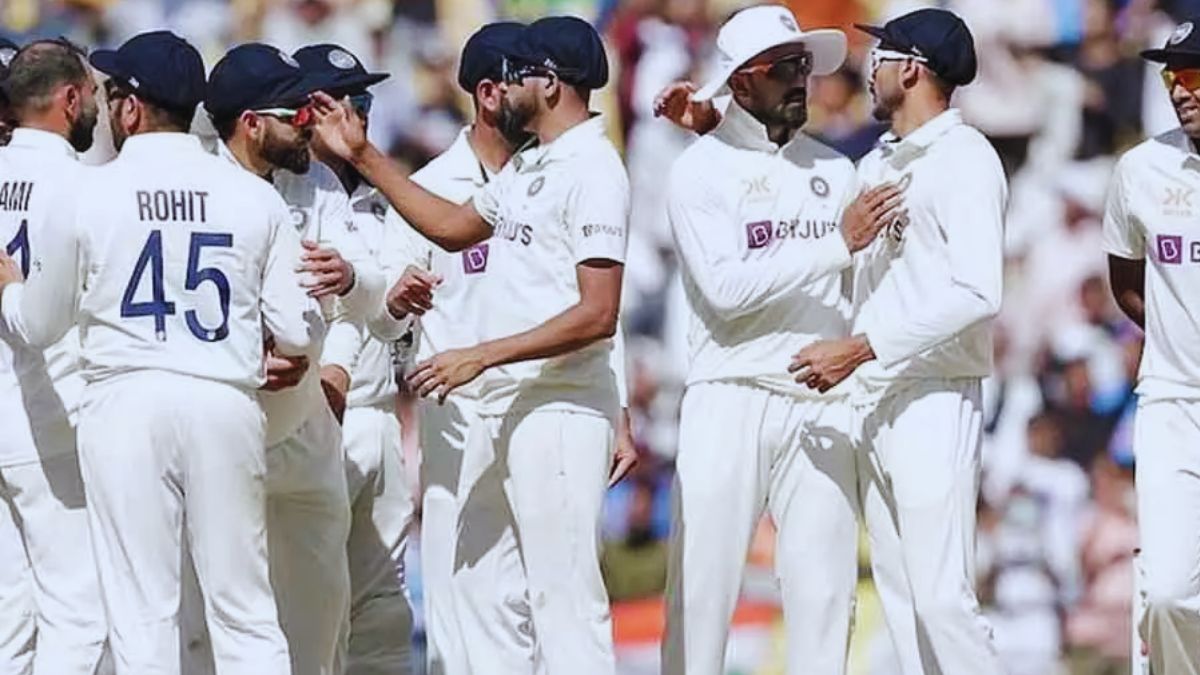As the IPL 2023 is done and dusted, the Indian team is all set to face Australia at the WTC Final 2023, which starts on June 7 and will conclude on June 11. In this article, you will find the two essential aspects of the impact of payers; workload and fatigue on performance.
Also read: WTC FINAL 2023: Analysis of Player Match-up and Key Battles
Fatigue refers to diverse activities, such as a busy day, that can affect or impact a player. Like any other cricket match, player strain and weariness can significantly impact the World Test Championship (WTC) final. The top two Test teams compete in the WTC final, a high-stakes game that decides the championship.
However, Fatigue can lead to a decline in physical performance, affecting a player’s ability to bat, bowl, or field effectively. The demanding nature of Test cricket requires players to maintain their skills and concentration over long periods of time. Fatigue can result in slower running between the wickets, decreased speed in the field, and reduced pace and accuracy in bowling. It can also affect a batter’s ability to focus and make effective shot selections.
Test matches, which can last several days, require high mental toughness. Mental exhaustion caused by player workload and fatigue can impair situational awareness, decision-making, and focus. Mental exhaustion may cause errors in judgement, poor shot selection, and a decreased capacity to perceive game situations accurately. This may significantly impact a player’s effectiveness and the team’s general attack plan.
Meanwhile, Fatigue and excessive workload can increase the risk of injuries, which can significantly impact a player’s performance in the WTC final. Injuries prevent a player from contributing to the team and disrupt team dynamics and strategy. The physical and mental demands of Test cricket, combined with fatigue, can increase the likelihood of muscle strains, stress fractures, and other overuse injuries.
Teams employ various strategies to mitigate the impact of workload and fatigue on performance in the WTC final. They carefully manage player workloads leading up to the match, ensuring adequate rest and recovery periods. Sports science and medical professionals closely monitor players, adjusting training routines and providing necessary interventions to prevent fatigue and injuries.
Additionally, teams may rotate players or make strategic substitutions to keep the squad fresh and optimise performance throughout the match. Fatigue and excessive workload can increase the risk of injuries, which can significantly impact a player’s performance in the WTC final.
Injuries prevent a player from contributing to the team and disrupt team dynamics and strategy. The physical and mental demands of Test cricket, combined with fatigue, can increase the likelihood of muscle strains, stress fractures, and other overuse injuries.





